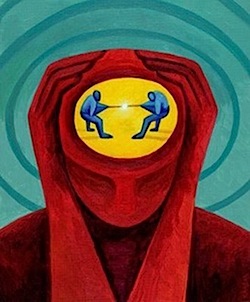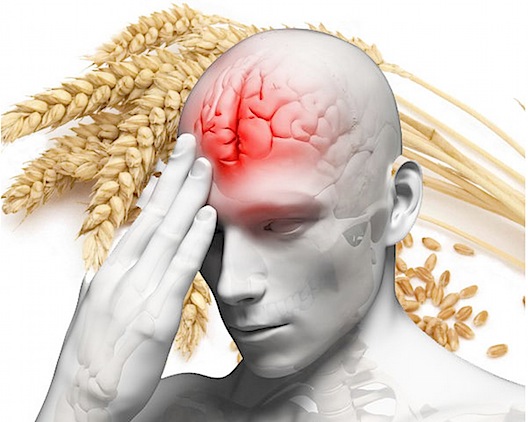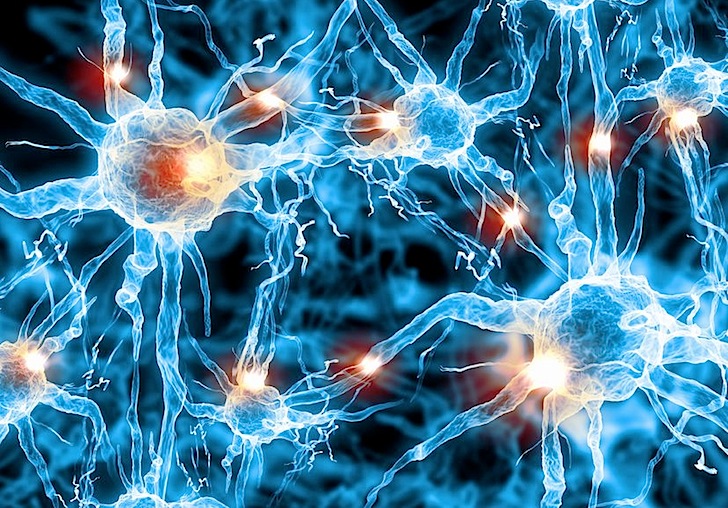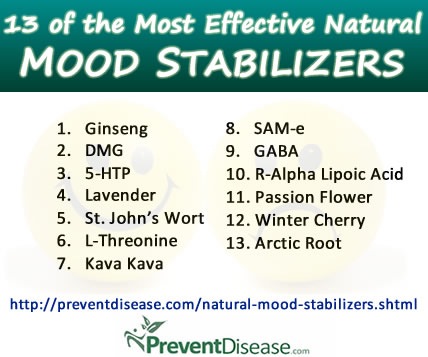Antidepressants can raise the risk of suicide, biggest ever review finds
Antidepressant use doubles the risk of suicide in under 18s and the risks to adults may have been seriously underestimated, researchers found
(Suicidality and aggression during antidepressant treatment: systematic review and meta-analyses based on clinical study reports
http://www.bmj.com/content/352/bmj.i65 )Antidepressants can raise the risk of suicide, the biggest ever review has found, as pharmaceutical companies were accused of failing to report side-effects and even deaths linked to the drugs.
An analysis of 70 trials of the most common antidepressants - involving more than 18,000 people - found they doubled the risk of suicide and aggressive behaviour in under 18s.
Although a similarly stark link was not seen in adults, the authors said misreporting of trial data could have led to a ‘serious under-estimation of the harms.’
Professor Peter Gotzsche, Nordic Cochrane Centre













Recent Comments